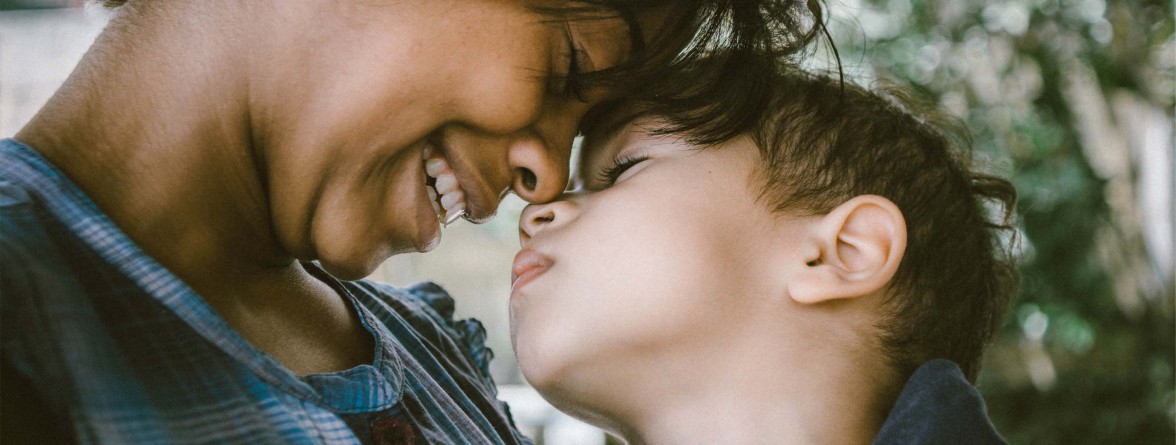Gay Parental and Child Custody Rights in California
May 15, 2018
Despite having won the nationwide right to marriage in Obergefell vs Hodges, gay custody and parental rights are still not as straightforward as the rights of heterosexual couples. While California has relatively strong laws protecting the LGBT community, the same cannot be said for all 50 states, or for parents traveling internationally. In this post, we’ll cover a few examples of legislation that have affected these rights. If you are interested to learn how custody is gained, see our previous post Common Custody Arrangements for Divorced LGBT Couples.
2005: custody rights extended to LGBT families
In California, child custody is governed by California Family Code Division 8, which lists the factors that contribute to determining custody, with the ultimate goal to serve the best interest of the child. First on the list is “the health, safety, and welfare of the child.” Other determinants include caretaking relationships, history of abuse, substance use, and more. While this code initially only applied to heterosexual couples, in 2005, the rights were officially extended to same-sex couples after the case of K.M. v. E.G. In this landmark case, a lesbian couple had twins, which one partner had birthed. When the partners split up, the court determined that indeed both women had custody rights, because they had both served as parents to the children. This set precedence for all future same-sex couples with children, whether adoption, surrogacy, or another method was used to grow the family.
2013: number of legal parents increased
Another bill impacting LGBT custody rights passed in 2013, and designated that a child can legally have more than two parents. This is particularly relevant to same-sex couples that have children from a previous different-sex relationship. It means that those children can retain their legal parental relationships with their biological parents, as well as the new parent in the same-sex relationship. For example, imagine a couple, Linda and Jared have a child, Bethany. Linda and Jared split up, and Linda become the primary caretaker for Bethany. Later, Linda falls in love and marries another woman, Maria. Now, Bethany can legally have three parents–her biological parents Linda and Jared, as well as her new stepmother, Maria. Should Maria and Linda ever separate, those parental rights will extend to potential custody rights.
2014: increased parentage options on birth certificates
In 2014, a bill was passed that changed the options for listing parents on birth certificates. Previously, birth certificates only offered two options: mother and father. Obviously, this does not work for same-sex couples. Now, after each parent’s name, there are three options: mother, father, and the gender-neutral option, parent. So, two mothers, two fathers, two parents, or any combination can now be listed. This bill was not just a win for gay and lesbian options, but also for transgender and gender nonconforming individuals, who can opt to select the gender-neutral “parent” option should they wish.
Custody rights today
Though much progress has been made, LGBT families continue to face barriers when becoming parents. Even when both parents are listed on the birth certificate, it can still be advisable for any parent who is not biologically related to the child to complete an adoption, as a court ordered adoption is legally stronger to establish parentage than a birth certificate. However, if one partner has not legally established parentage, but has essentially acted as a parent, they may still have legal rights to custody. There are several routes to gain custody. One is to first establish legal parentage (such as through stepparent adoption), and then petition for custody. Another option is to petition on the basis of being a “de-facto” parent, meaning that although they are not biologically related to the child, they have acted as a parent. Occasionally, a “third party” (family code 3041) custody petition may be an option, if the biological parent is proven to be unfit to maintain custody of the child.
The laws regarding LGBT parental and custody rights are complex, and rapidly changing. They vary from state to state, as well as internationally. Further, while anti-discrimination laws exist, LGBT discrimination can still occur when custody arrangements are ordered. In order to best protect your family, we encourage you to consider hiring an attorney skilled in navigating LGBT family law. Contact us today for a free consultation with one of our Los Angeles-based attorneys to see if we may be the best fit for you.

